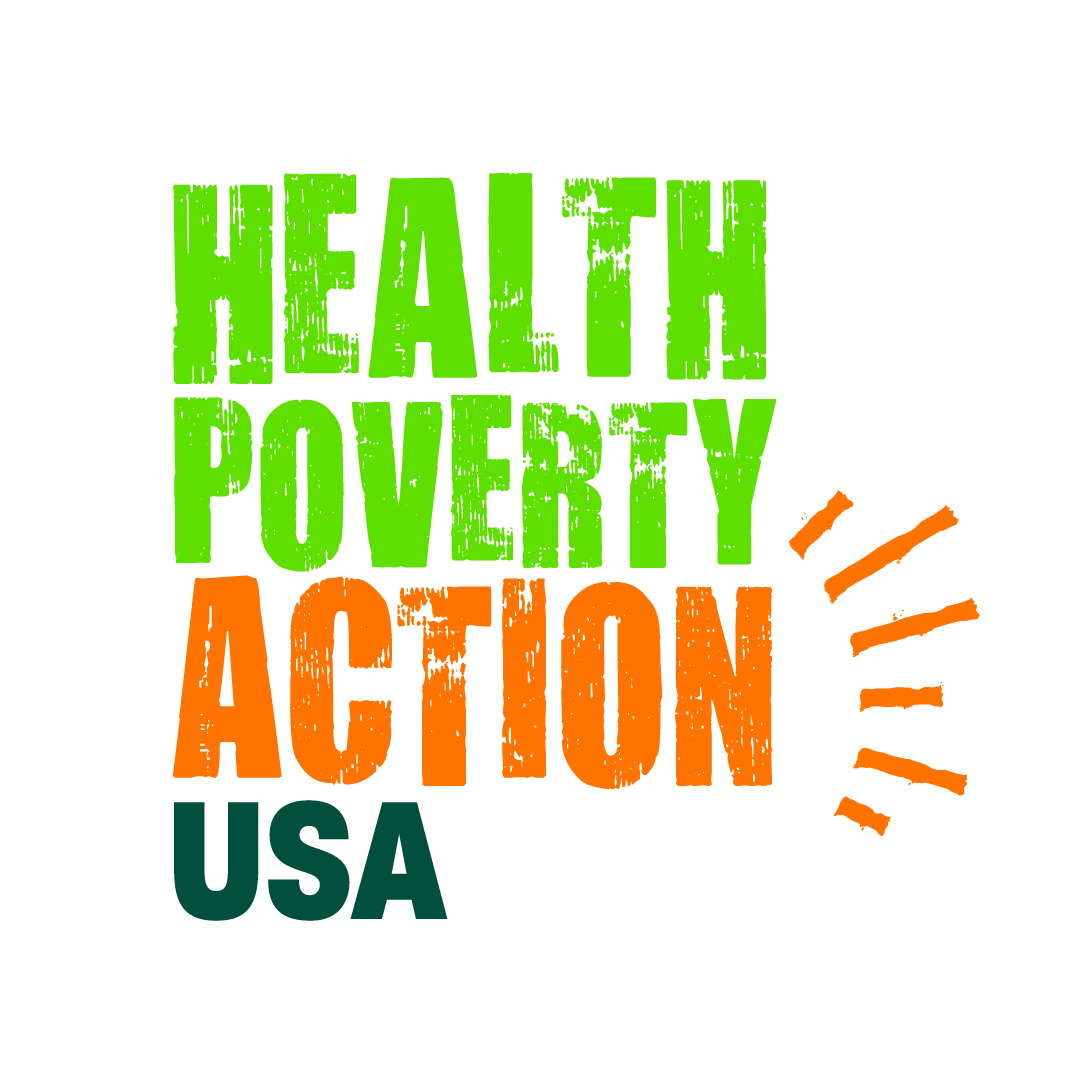Malaria Outreach in remote Cambodia
On by Sabrina Lloyd
Our Supporter Engagement Manager spends a day with the Malaria Outreach Team in remote Cambodia
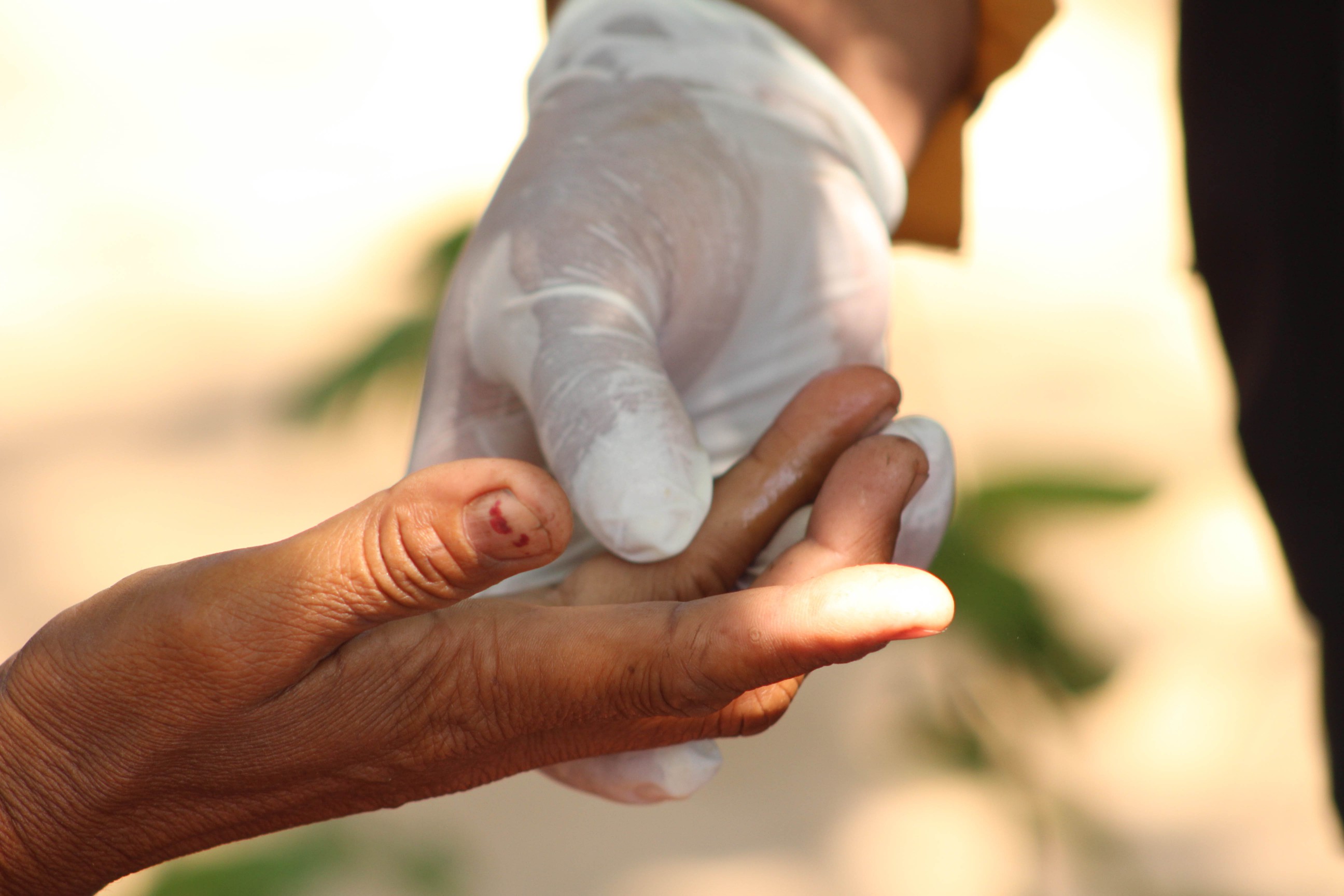
In February, I was lucky enough to visit Laos and Cambodia to visit some of the incredible projects you’ve been supporting – from a nutrition programme for under-fives to malaria prevention in the some of the most remote border areas.
On my final day in Cambodia, I was invited to join the ‘Malaria Outreach Team’ as they took to the Kong River for a community-based approach to tackling malaria. The outreach team provide malaria testing and treatment, as well as education around prevention and symptoms to those who are not always able to access traditional healthcare. They can travel many miles and are often away from their families for weeks at a time.
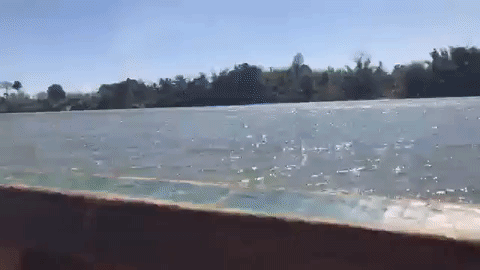
Today I am with Taounsay, a Malaria Outreach Worker who has been working with Health Poverty Action. “My job is to travel into the forest to find mobile populations who go to remote areas to farm, fish or forage. Malaria is decreasing in this area, but I still find a lot of positive cases”
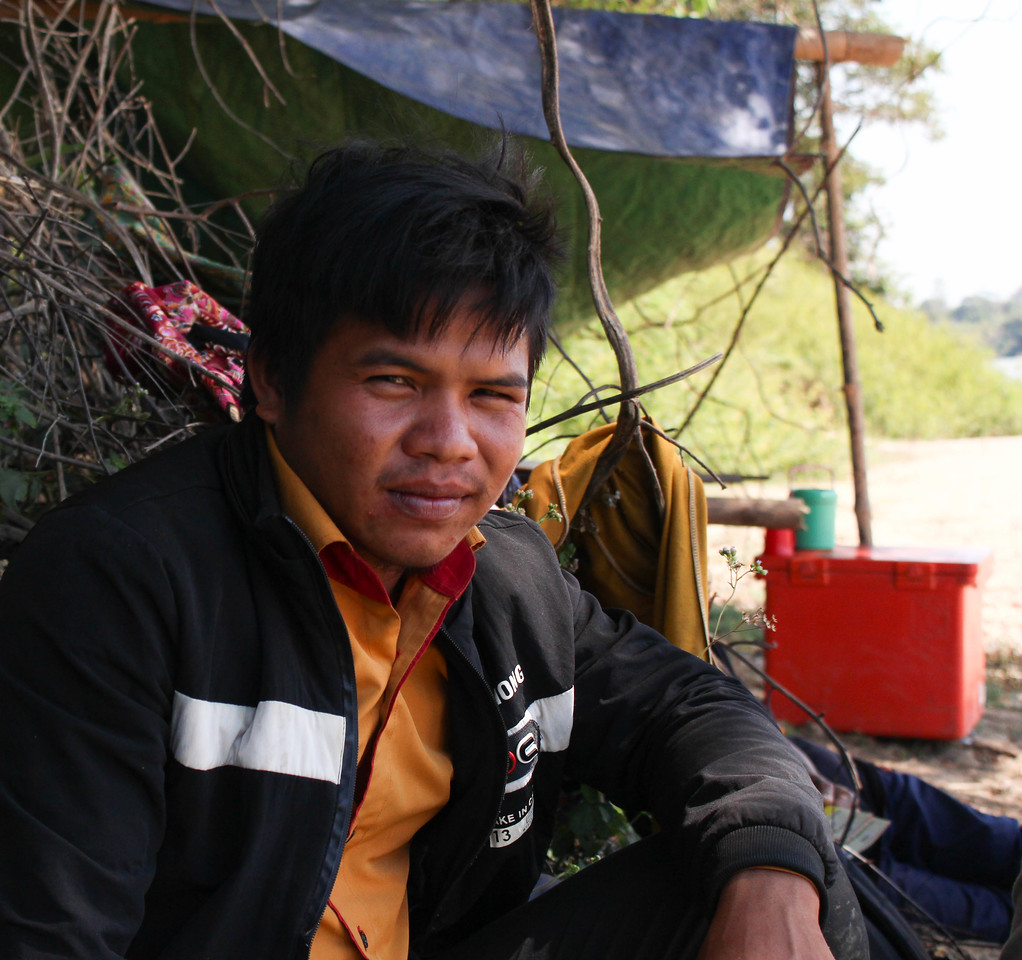
The Malaria Outreach Team, led by Taounsay, tries to ensure that they meet as many people as possible as they travel deep into forests or down the river. After a four hour drive and a two hour boat trip in the 40 degree heat, the team spots a group of people making camp on the beach. The two families had come here to fish for a week before selling their catch at market.
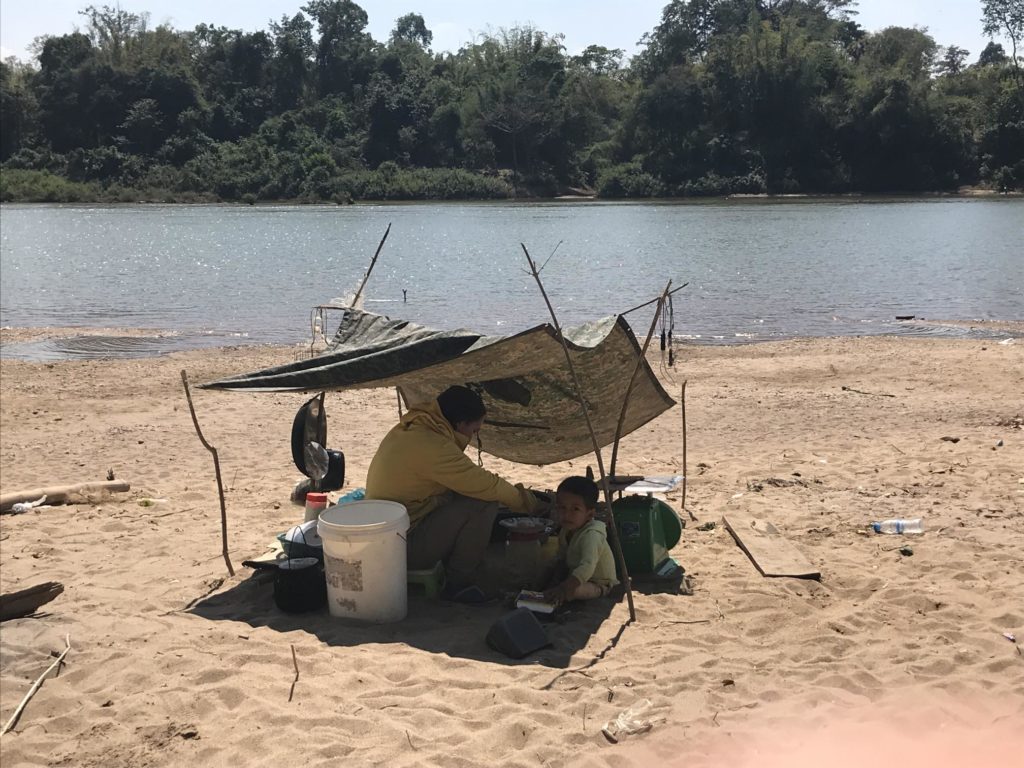
Malaria is particularly dangerous for the most vulnerable members of society, including young children and pregnant women, so it is particularly important to catch it early.
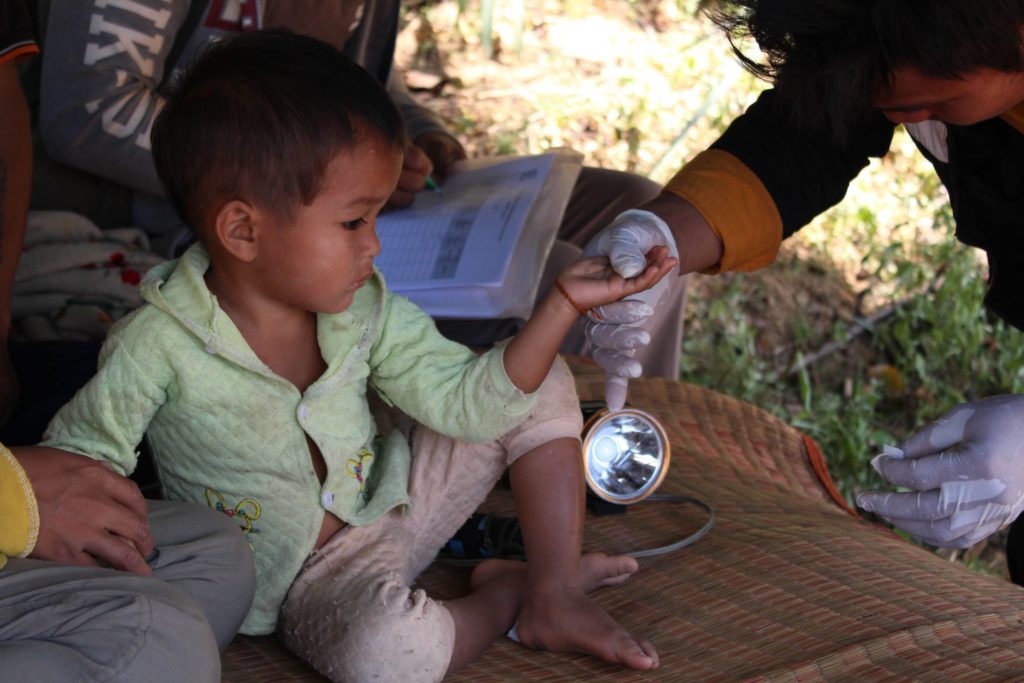
Quick diagnostic tests only take 15 minutes, which is essential in treating mobile communities who may be difficult to follow up with. If diagnosed with malaria, the team can usually administer medication on the spot.
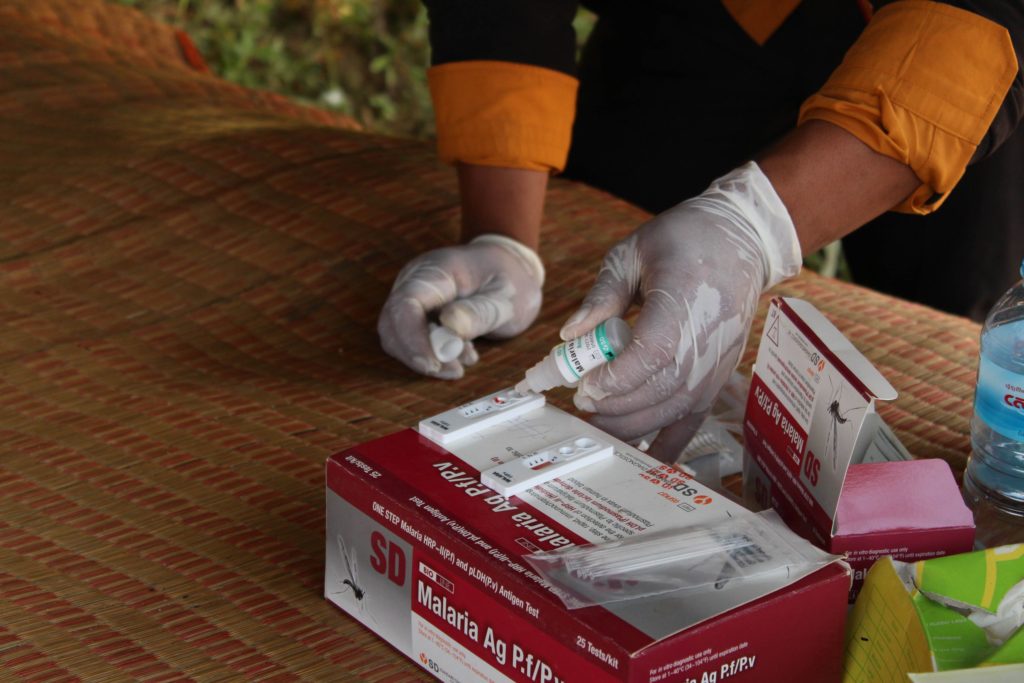
While waiting for the results, the team uses this time to spread awareness on the symptoms and dangers of malaria, and how people can protect themselves by using mosquito nets, long sleeves and mosquito repellent, particularly when sleeping outside.
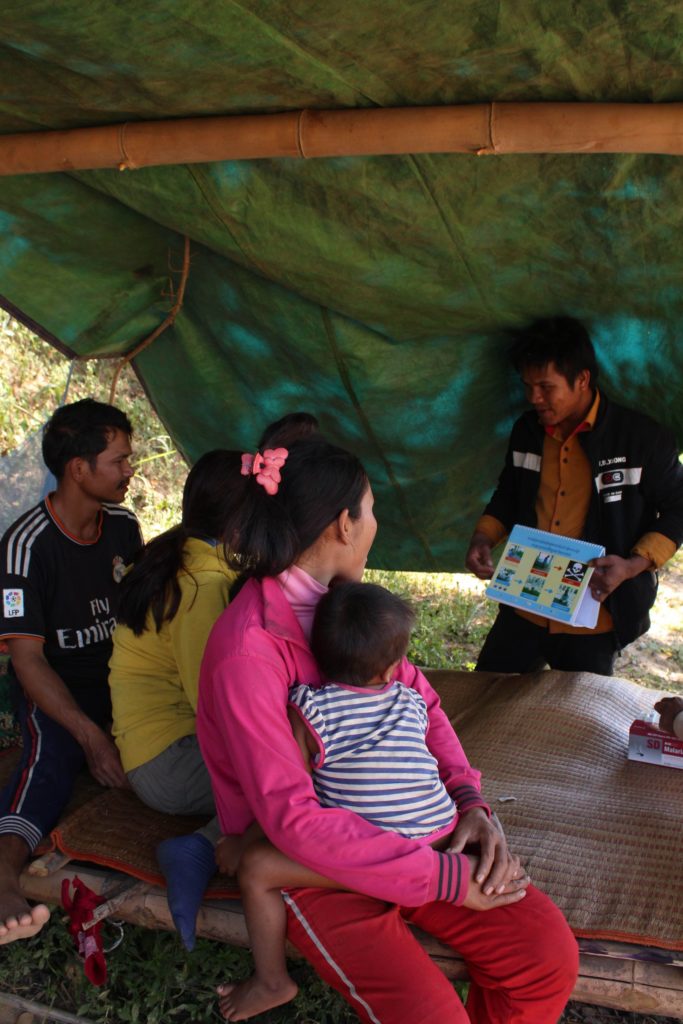
The team also leave clear, picture-led brochures which people are encouraged to share with their friends and families and help raise awareness of the dangers of malaria.
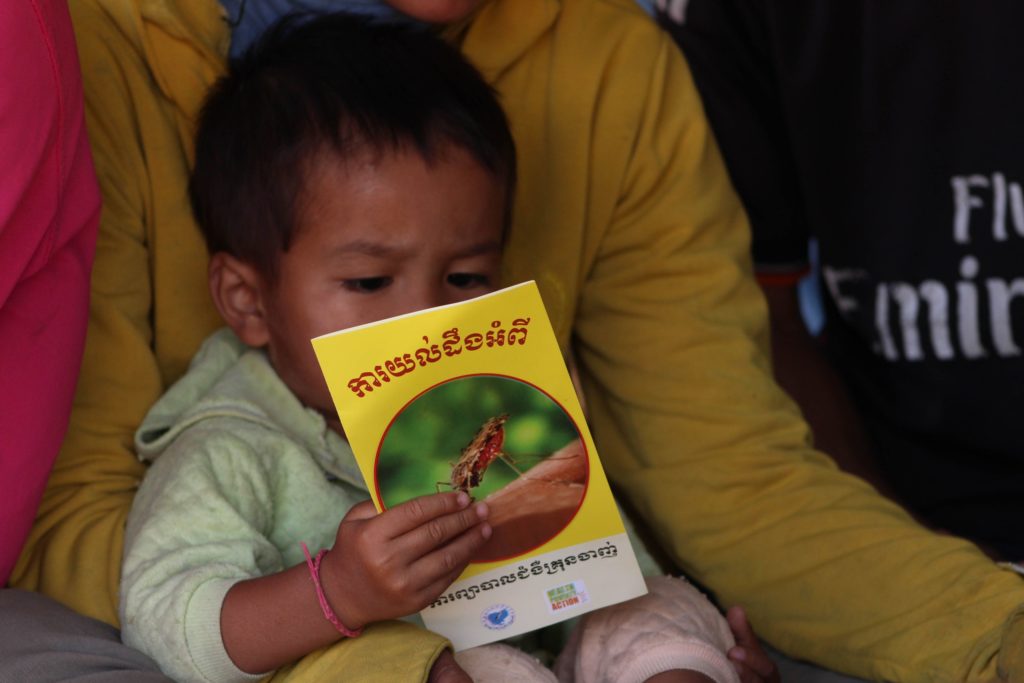
After the tests come back negative, it’s back on the boat to find the next group. Unfortunately in the dry season, forest fires are extremely common in this region of Cambodia, making many areas inaccessible.
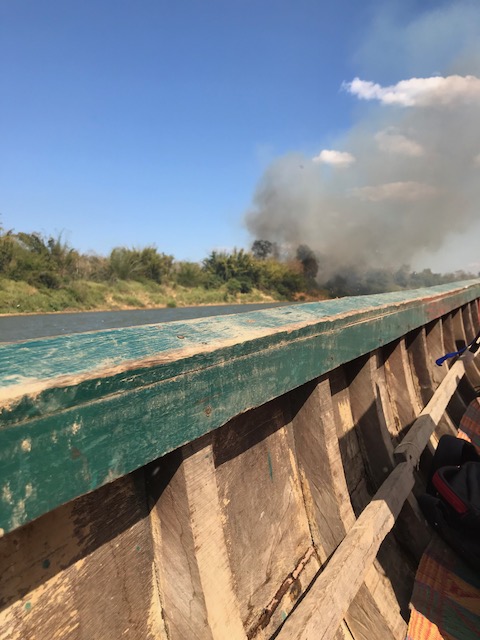
This doesn’t stop the team though. Taounsay tell me “If this service wasn’t here, I think there would be many more positive cases because there’s very little education and people don’t always know how to protect themselves. I test and treat many people in the mobile community.”
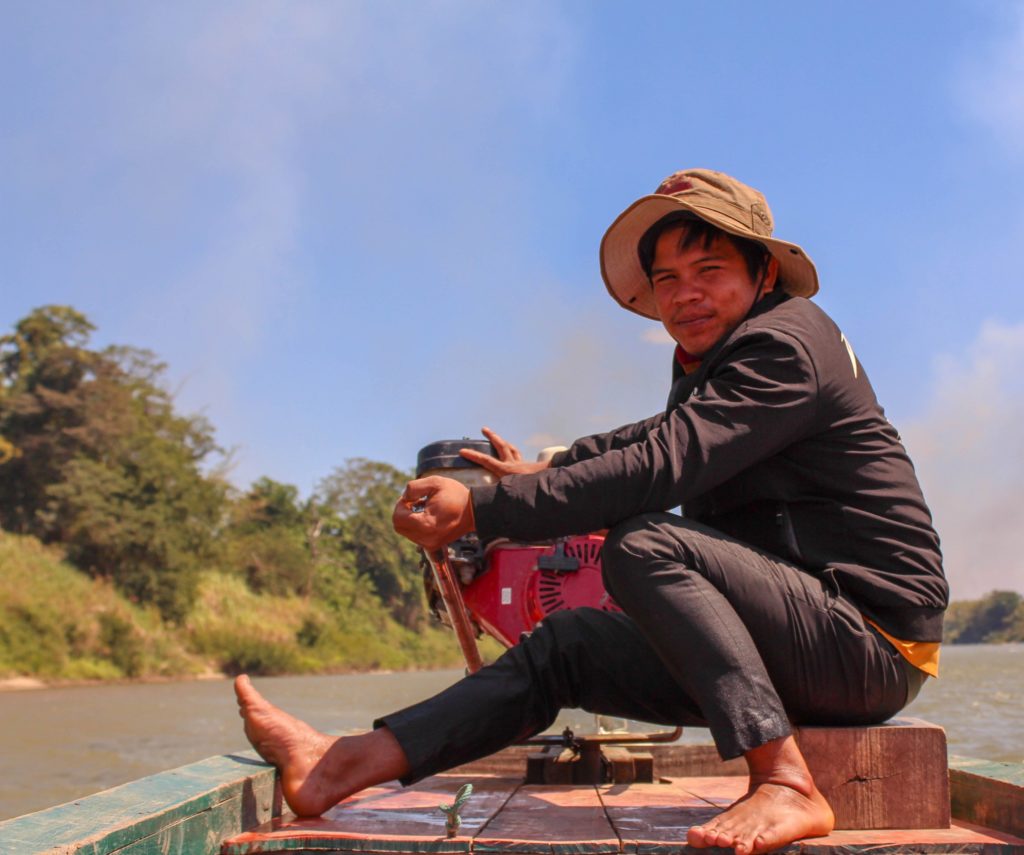
Generally the people the outreach team meet are aware that malaria is dangerous, but haven’t been tested or aren’t aware of how it is spread, or when to seek healthcare.
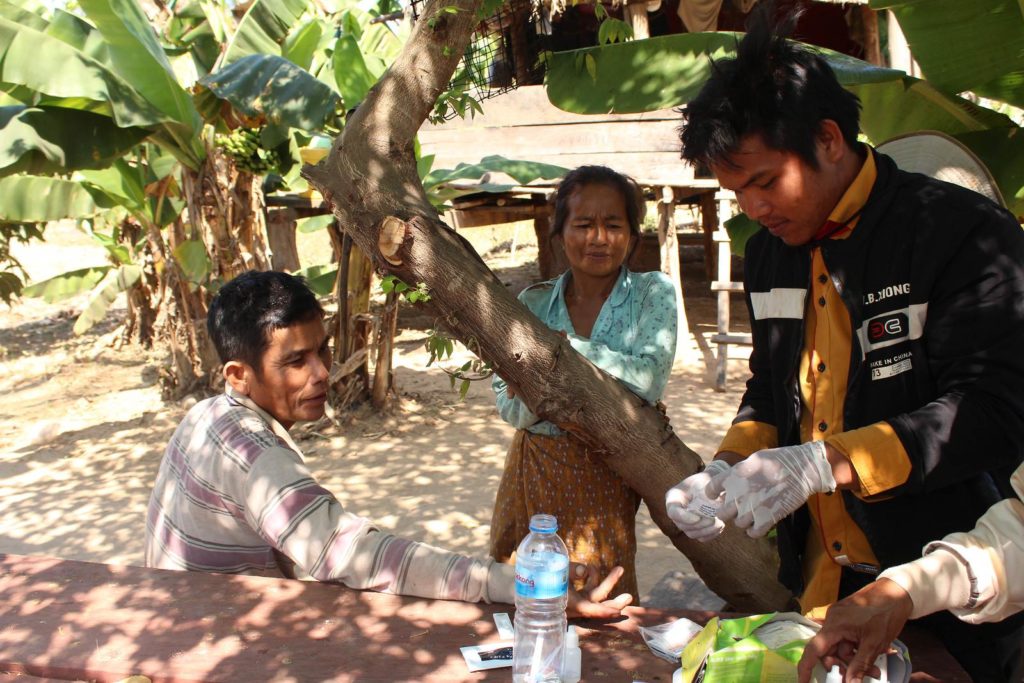
Just a drop of blood can easily determine whether a person has malaria. Drug resistant malaria is a serious concern in regions of South East Asia, but quick diagnosis and treatment can help to reduce the spread.
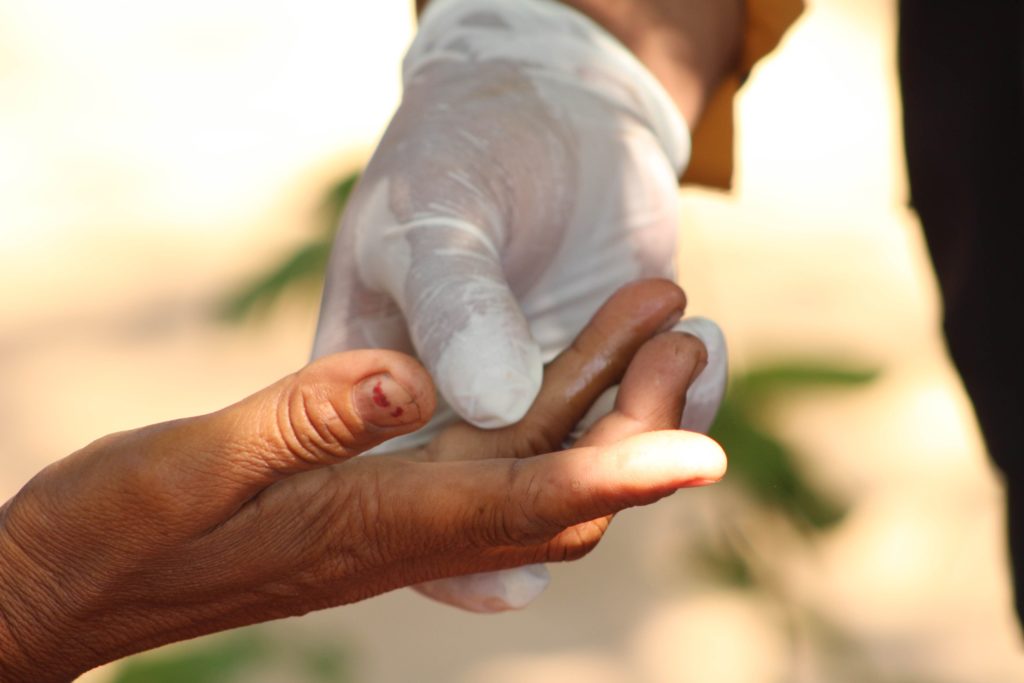
Taounsay speaks four different languages so he can clearly communicate with most of the people he meets, many of whom belong to indigenous groups.
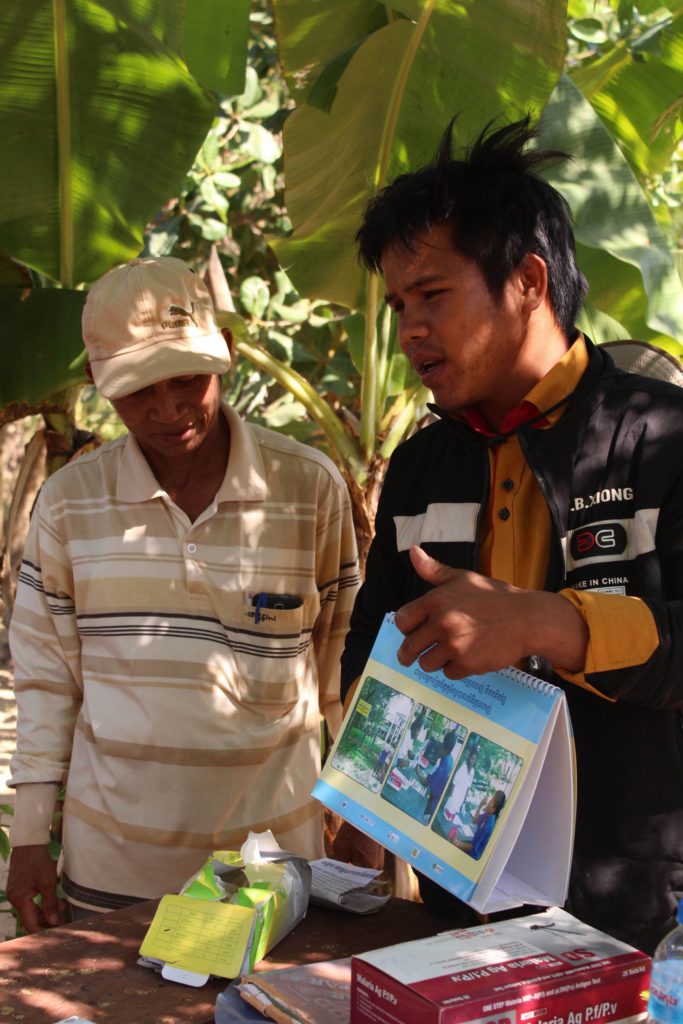
Taounsay believes that community-based, education-led healthcare is the best way to enable people to take charge of their own health. “The people here aren’t always thinking about their health – they are often travelling to find work and can’t easily access healthcare. When people have education about their health, they can protect themselves.”
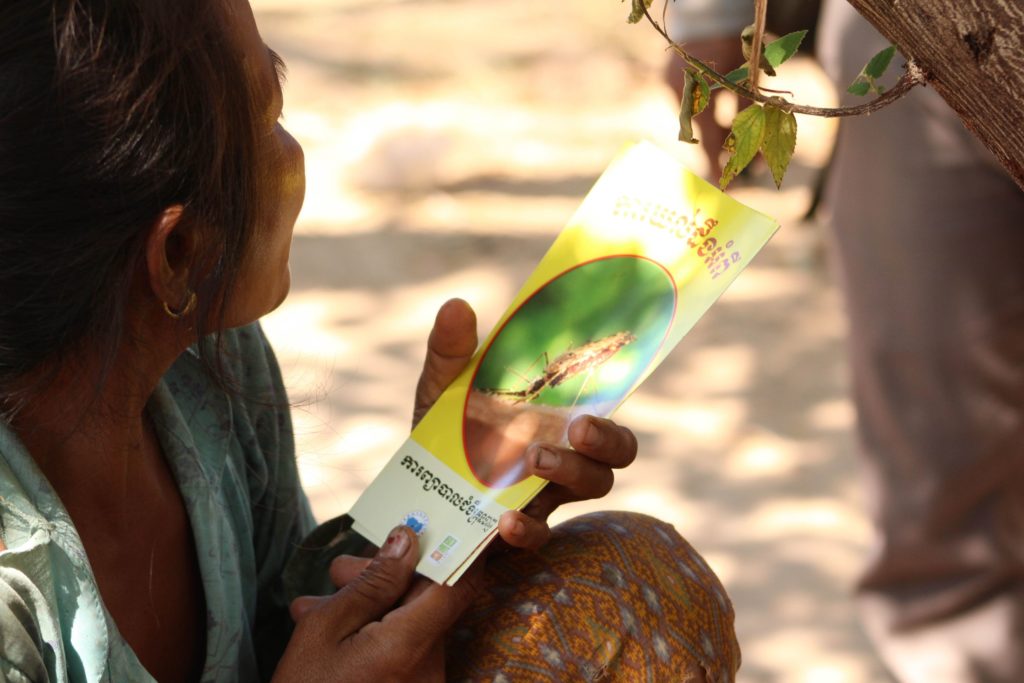
Inspired to support outreach workers?
Donate
